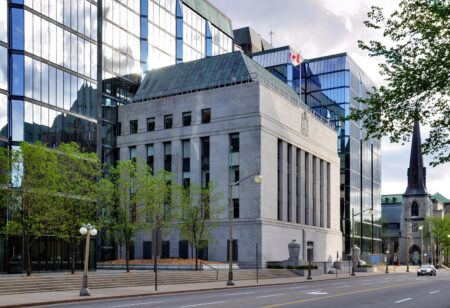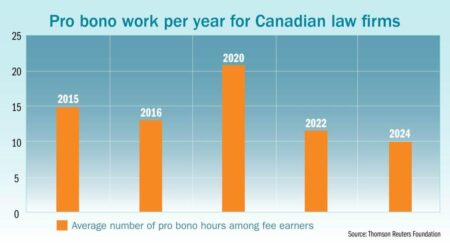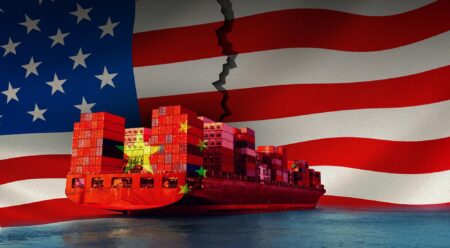Analysts at Desjardins predict a modest decline in the Bank of Canada’s interest rate. This careful strategy highlights the persistent economic hurdles we face, all while striving to uphold stability within our financial system.
Browsing: Canadian economy
Homebuyers in Canada are facing tough times as soaring interest rates and escalating housing costs force many to step back from the market. This shift is not just tightening household budgets; it also poses a risk of cooling the overall economy, raising alarms among policymakers and economists alike.
Canada-made automobiles are set to experience significant price increases in the U.S. market, attributed to recently imposed tariffs. Analysts warn that these higher costs could impact sales and competitiveness, raising concerns for Canadian manufacturers.
A recent central bank survey reveals that more Canadian firms anticipate a potential recession within the next year. Concerns over economic stability are rising, with business leaders increasingly wary of inflation and interest rate impacts on growth.
In response to President Trump’s tariffs, Canada has enacted a 25% levy on US auto exports, escalating trade tensions between the two countries. This move aims to protect Canadian manufacturers and counterbalance the economic impact of US tariffs.
Canada’s budget deficit for the first ten months of the 2024/25 fiscal year has risen to C$26.85 billion, highlighting ongoing financial challenges. This increase reflects higher expenditures amid economic pressures, as reported by Reuters.
Former Bank of Canada governor, Stephen Poloz, has cautioned that Canada is at a significant disadvantage in the ongoing trade war, stating, “We’re seriously outgunned.” His remarks highlight the challenges facing Canada’s economy amidst escalating global tensions.
In his latest piece, Terence Corcoran examines the absence of a comprehensive book detailing Mark Carney’s vision for Canada’s economic future. He critiques the lack of transparency and analysis surrounding Carney’s ambitious plans and their implications for the nation’s financial landscape.
Canada has officially canceled its proposed increase in the capital gains tax, a decision met with mixed reactions. Critics argued it could stifle investment, while supporters claimed it was necessary for equitable taxation. The government aims to focus on economic stability.
In a recent interview, trade lawyer Mark Warner emphasized the urgent need for Canada to bolster its furniture industry. He cautioned that without strategic support and innovative solutions, the sector risks significant decline amid rising global competition.
In response to U.S. tariffs imposed by the Trump administration, Canadians are strategizing innovative solutions to mitigate economic impacts. From diversifying trade partnerships to advocating local production, these efforts reflect a resilient spirit in the face of protectionism.
Canada’s economy defied expectations with a surprise annualized growth of 2.6% in the fourth quarter, according to a Reuters report. This robust performance highlights resilience amid global uncertainties, signaling potential strength in consumer spending and investments.











